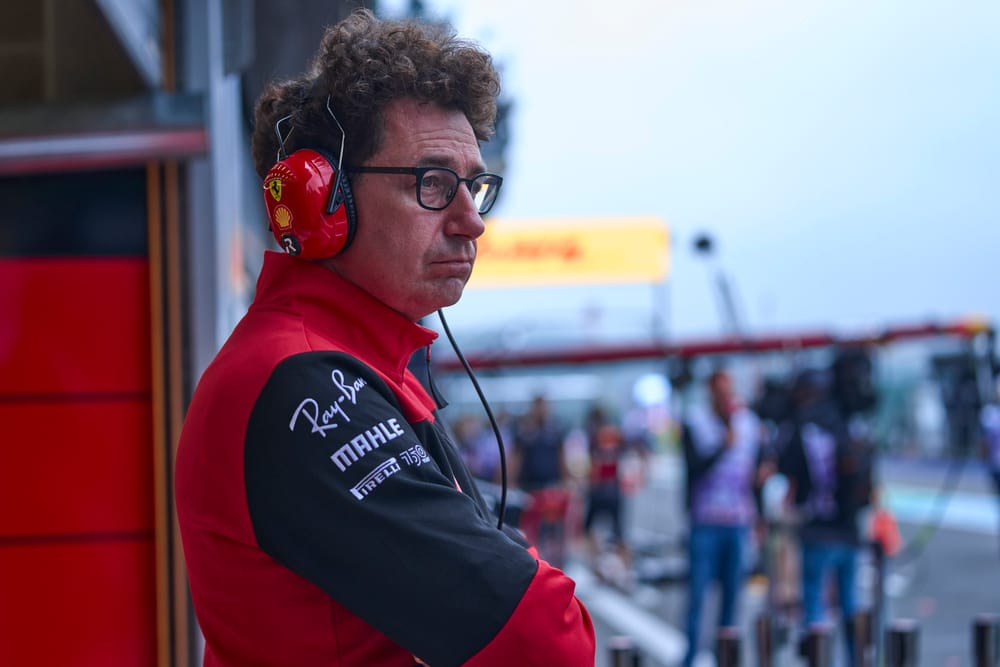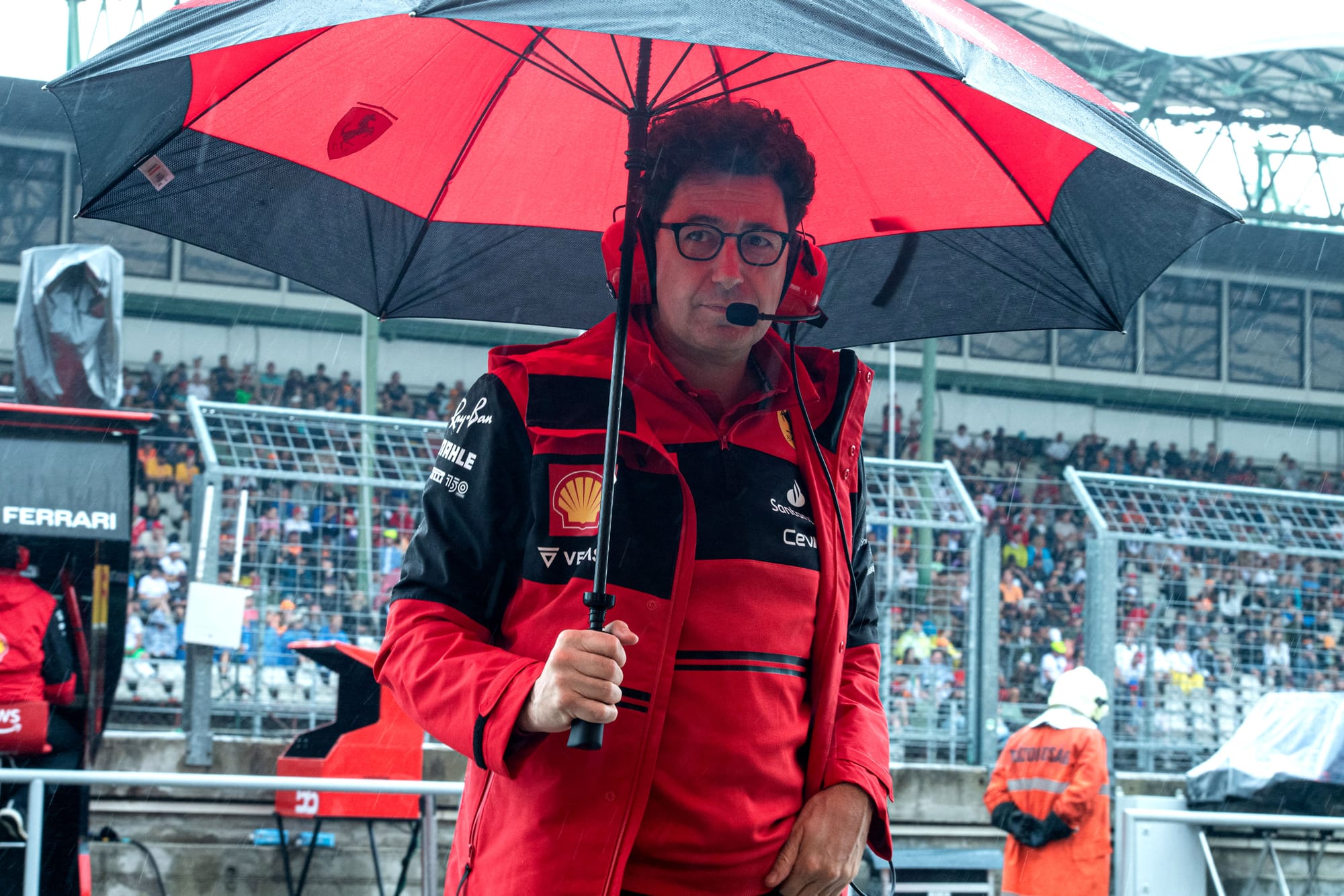Up Next

If Mattia Binotto's exit from Formula 1 at the end of 2022 felt like something of a foregone conclusion by the time it was announced, Audi's decision to hire the ex-Ferrari team principal came as a major surprise.
A surprise not in the sense that his candidacy for any job in F1 should be questioned, but that he's been tasked with the dual role of chief operating officer and chief technical officer.
But is Binotto the leader Audi needs?
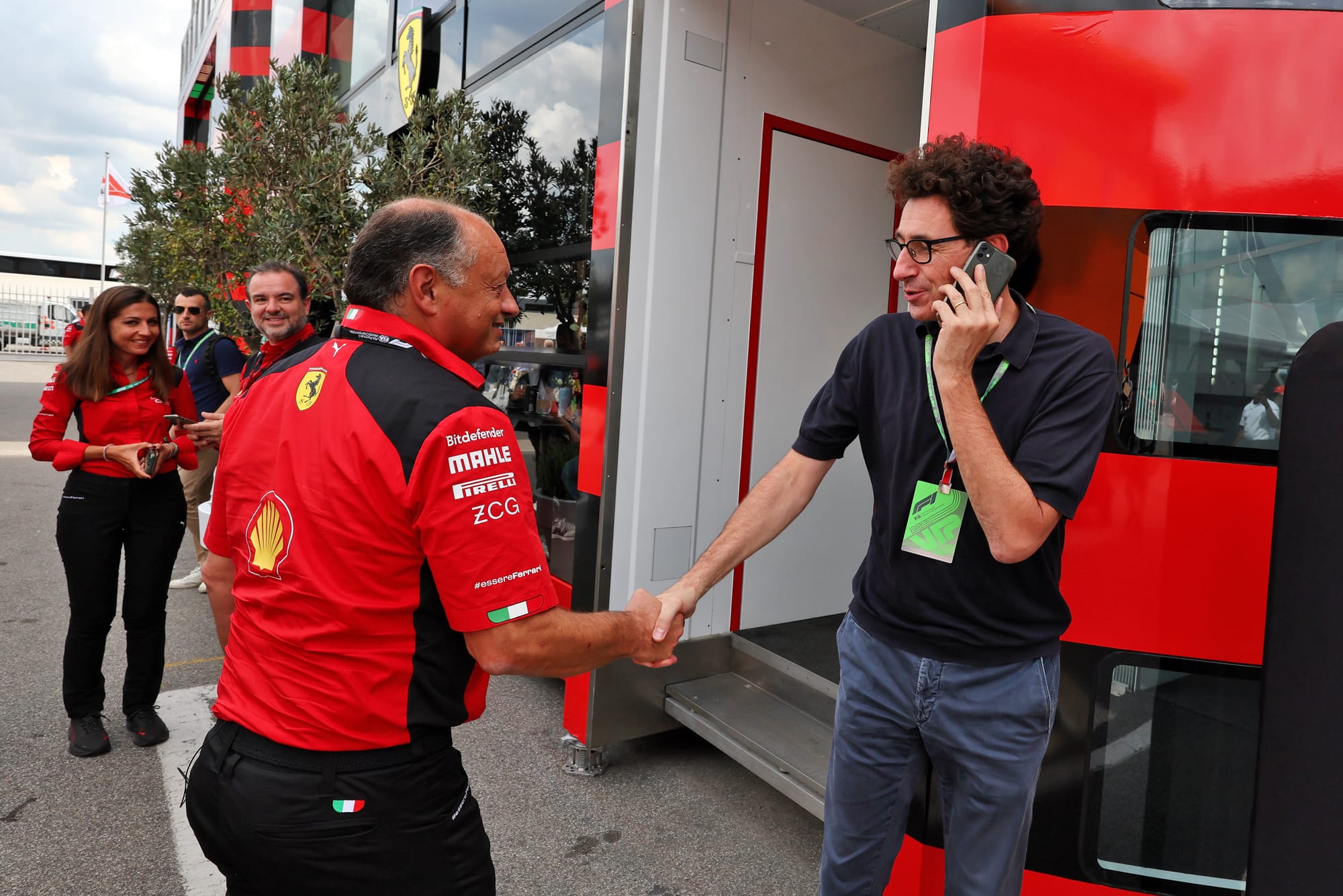
That's a fair question given the doubts raised both before and since his Ferrari exit. His replacement, Fred Vasseur, has done what is widely accepted as a decent job in his first 18 months of steering Ferrari along an upwards competitive trajectory (although Ferrari is now starting to stumble again).
As a result, the jury is out on Binotto's leadership qualities and whether he's the right fit for a major F1 project. You can make almost as many arguments for him being a good leader as you can a flawed and limited one.
But Audi clearly recognised its project was in trouble and deemed it necessary to make a change. The transformation at McLaren in the absence of Andreas Seidl and technical director James Key (who followed Seidl to Sauber) indicates that they might have been very effective at putting in place the building blocks for success, but weren't necessarily making the most of the potential in the moment and maximising that to the necessary degree in the short-term.
Sauber could be in a similar situation, where the right decisions and strategic choices have been made, but that leadership isn't the one capable of getting the most out of it, whether that's short-term or long-term.
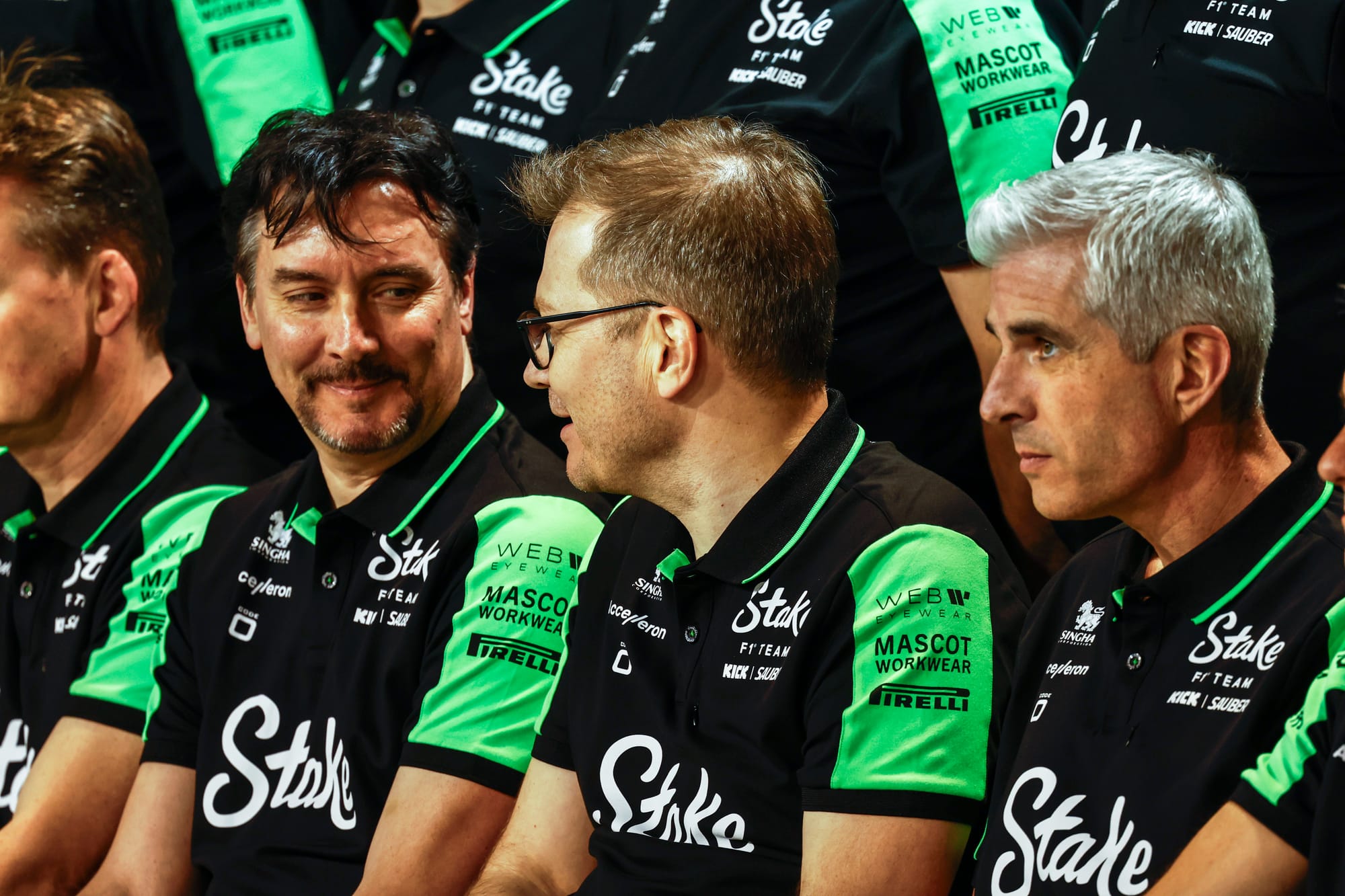
We never saw their work pay off at McLaren by making it a frontrunner. Now we won't see it in the long-term at Audi, either.
A change is perhaps what's needed to turn that potential into results and at least ensure Sauber's performance during what remains of this transitional period improve as the team ramps up for 2026. The question is whether Binotto is the right person for the job.
There's something to be said about bringing an outsider in. Binotto is neither aligned with Sauber nor Audi meaning that any divisions between the two sides can be dampened. When you're trying to integrate two separate entities and cultures, a leader without a foot in either camp is better placed to be a unifying force.
That will be needed given he will inevitably want to have an immediate impact in course-correcting a Sauber team that's so far gone nowhere on track.
He will want to recruit people he knows and trusts and change aspects of the team he doesn't believe are up to scratch. There will be ideas and approaches he will apply from his time at Ferrari in terms of philosophy, structures and even facilities. All of this will take time to do but for it to work he needs those on both the Audi and Sauber side to buy into his vision.
There might be one other happy consequence for Audi. Could this revive its bid to secure Carlos Sainz's services?
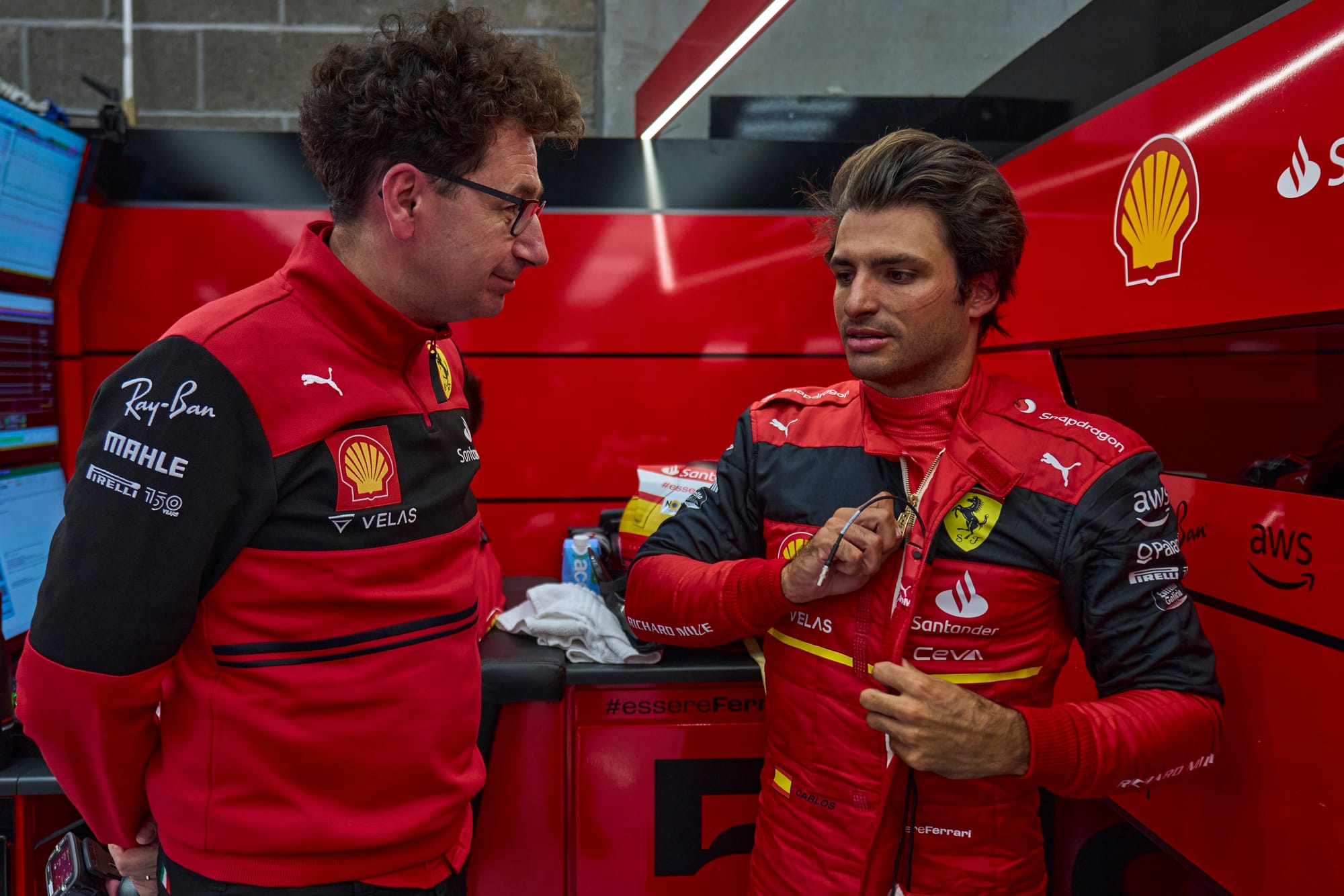
Sainz was close to Seidl, that much is true. But Binotto recruited him for Ferrari and had a good relationship with Sainz. At the very least, Sainz might be willing to have another conversation to understand the new plan even if such a major change is hardly likely to inspire confidence.
As for Binotto, this is his chance to redeem himself - to solidify or improve his F1 reputation and do things right in his way.


